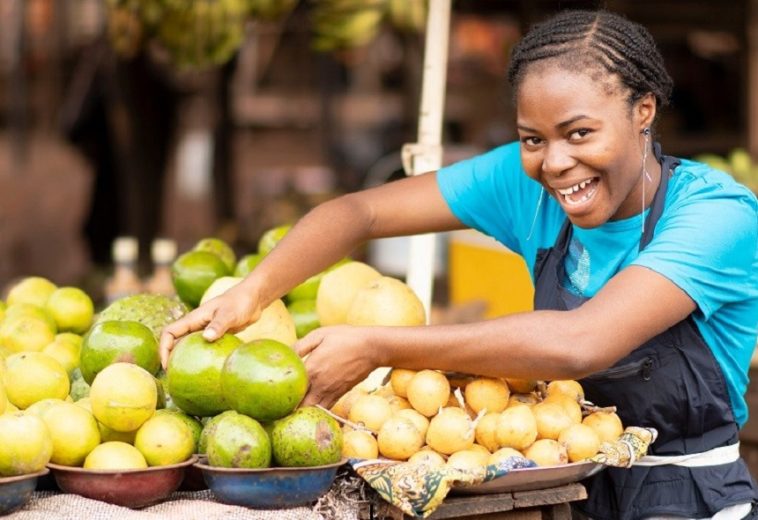Cocoa forms the foundation of one of the world’s most beloved treats: chocolate. Yet, behind the glossy wrappers and indulgent squares lies a much grittier reality for many of the countries involved in its production and trade, particularly in Africa—the world’s largest producer of the commodity. From the bustling cocoa markets of Abidjan to the rural farms scattered across Côte d’Ivoire, Ghana, Nigeria, and Cameroon, the story of cocoa trading in Africa is one of global demand, fluctuating prices, environmental challenges, labour exploitation, and shifting geopolitical forces that affect millions of lives.
Africa accounts for more than 70% of global cocoa production, with Côte d’Ivoire and Ghana alone contributing over half. In 2022, cocoa generated nearly $13 billion for these two nations, making it a cornerstone of their agricultural sectors and a lifeline for millions of smallholder farmers. Cocoa is Ghana’s leading agricultural export, while in Côte d’Ivoire, it is the largest revenue earner after oil and gas.
However, cocoa trading is notoriously volatile. Prices fluctuate dramatically, driven by a host of factors, many beyond the control of farmers or national governments. Supply and demand remain key determinants, with weather conditions, crop yields, international stockpiles, and speculative activity in futures markets exerting considerable influence. For instance, a prolonged drought in West Africa in 2016 led to reduced yields and a temporary price surge, providing a brief windfall for farmers. Yet, as supply normalised, prices plummeted, triggering an income crisis for producers.
A critical issue in cocoa trading is the widening gap between the price farmers receive for their beans and their actual cost of living. Even when global prices rise, small-scale farmers—who form the backbone of Africa’s cocoa industry—often find themselves struggling to make ends meet. This persistent poverty is partly due to the low farmgate prices paid to producers.
In 2019, the governments of Côte d’Ivoire and Ghana, in collaboration with industry stakeholders, introduced a “Living Income Differential” (LID) to raise farmgate prices by $400 per tonne, aiming to improve farmers’ earnings. While this initiative was widely welcomed, questions remain about its long-term viability and the willingness of major chocolate companies to absorb increased production costs.
Cocoa production is also intrinsically linked to environmental degradation. Vast swathes of tropical rainforest have been cleared for cocoa cultivation, resulting in deforestation, soil erosion, and biodiversity loss. Over the past several decades, both Côte d’Ivoire and Ghana have experienced severe declines in forest cover, primarily driven by cocoa farming. This has prompted international organisations such as the World Cocoa Foundation and the Rainforest Alliance to advocate for sustainable farming practices, including agroforestry systems that integrate cocoa with other crops to reduce deforestation.
Despite its challenges, the cocoa industry holds significant potential for meeting growing global demand. Collaborations between multinational corporations and increased awareness of environmental and social issues have spurred the involvement of NGOs, governments, and farmer cooperatives in implementing initiatives to improve conditions for cocoa farmers and their communities. Innovation is also creating new opportunities, with some companies developing higher-yielding and disease-resistant cocoa varieties, while others explore blockchain technology to enhance traceability and transparency in the supply chain.
To achieve lasting change in Africa’s cocoa industry, comprehensive reforms are essential. These reforms must address systemic issues such as poor infrastructure, weak regulatory frameworks, and farmers’ limited access to fair markets. A concerted effort from governments, corporations, and civil society is needed to ensure a more equitable and sustainable cocoa sector.
Cocoa trading in Africa remains a high-stakes endeavour. For farmers, the rewards are often modest, and the risks considerable. Yet, despite the persistent challenges, cocoa continues to serve as a critical economic driver and a lifeline for millions. As the chocolate industry evolves, there is hope that the narrative of Africa’s cocoa farmers will shift from one of hardship and exploitation to one of fair wages, sustainable practices, and a brighter future for the generations to come.




